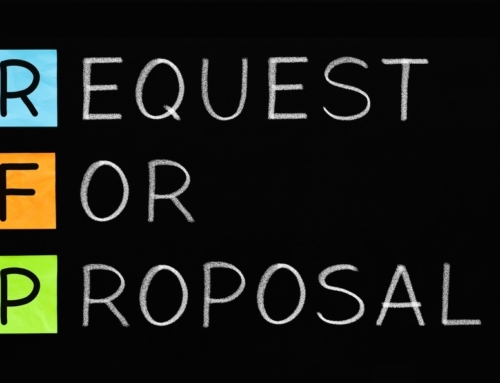Last week, a national association of anti-discrimination groups in France released audio recordings of some calls it made in May to 69 Paris-region temporary employment agencies to test their response to discriminatory hiring requests, AP news reported.
During the calls, activists pretended to work for a fictitious construction firm seeking manual laborers for a building site. They explained they were seeking only laborers with “European profiles,” suggesting not people of color, and in one recording, a woman reportedly indicated willingness to comply. Many firms performed poorly in the tests, according to reports.
In 2020, a judge permitted a lawsuit between a staffing firm and its client to continue in which the staffing firm sued the buyer for expecting the staffing firm to comply with a request for a Hispanic worker and rejecting an African American worker sent instead. Last week, a contingent worker was awarded millions in a racial discrimination suit against Tesla.
“It cannot be right for a client to issue discriminatory instructions to a staffing firm which then, in turn, discriminates against an employee on racial grounds, and in the process opens itself up to a claim while at the same time losing business,” said Fiona Coombe, director of legal and regulatory research for Staffing Industry Analysts.
While the case in France entailed a fictitious buyer, the fact is if an actual buyer were to have made a request like that, the organization could have been subject to legal or civil action.
To ensure such situations don’t occur in connection with their programs, contingent workforce managers need to focus on education and communication.
Education. Be sure you understand what is permitted and what is not — and it goes beyond overt discrimination. Your program could still be making discriminatory actions unintentionally. Language choice in job descriptions can discourage certain classes of people applying. For example, the use of a male pronoun when describing an ideal candidate or the use of a masculine job title (e.g., salesman) can discourage women from applying.
You may unwittingly exclude older applicants by describing your ideal candidate as “young and energetic.” Work with HR and legal as needed to ensure you understand what all of the protected classes are and what language you may be using that could be discriminating against them. Review existing job descriptions and craft future ones with care to ensure your organization is not excluding candidates of any protected class.
Be sure your staff and engagement managers also know what is permissible.
Staffing firms. From your MSP to your staffing providers, you must make sure all are on the same page. As a joint employer, your organization is culpable for their missteps, so do your due diligence. Make sure they know your policies, they understand what is permitted and what is not, and also make sure they will contact you should a questionable or outright illegal request comes their way.
Beyond the lawsuits and jury awards, the damage to your organization’s brand can be severe. The best course of action is to make sure your organization does not make discriminatory requests or decisions to begin with. In a changing world of work, it is the responsibility of employers to provide training to all its engagement managers on how and what to say in varied hiring situations. Further, all employees need to understand and receive training on how bias emanates so that there is equity at work.









